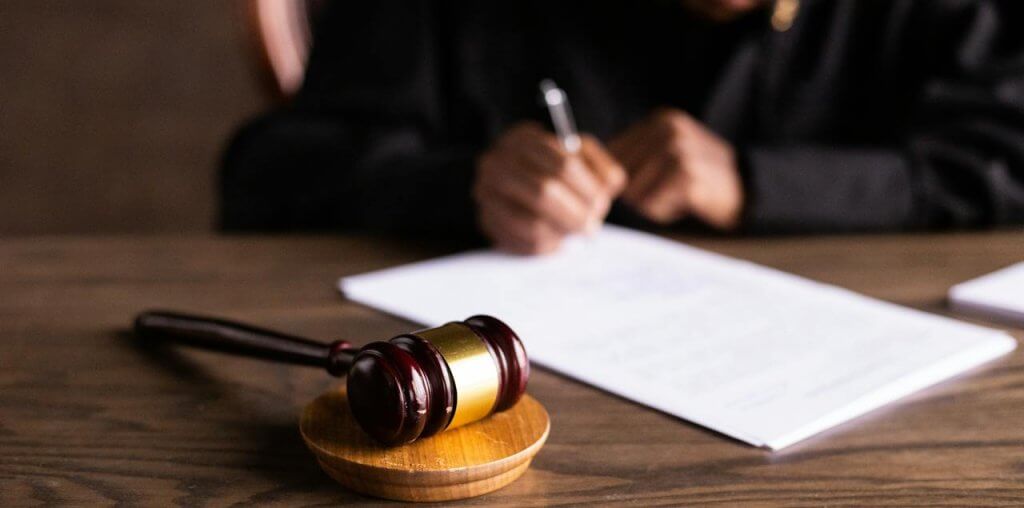This post is also available in:
English
In recent news South Africa has brought charges of genocide against Israel in their military campaign against Hamas. These claims have been rejected and deemed meritless and unjustified by Western democracies worldwide, including the US, UK, Canada, France, and Germany. Germany has even announced their intention to intervene on Israel’s behalf. Still the charges are tracking a lot of attention and fanning the flames of anti-Israel voices around the world.
So what is the ICJ?
The ICJ, established in 1945, is the judicial organ of the United Nations. The court is made up of 15 judges appointed by the UN General Assembly and Security Council. Its role is to settle legal disputes introduced by any of the 193 UN member states and to give advisory opinions on legal questions referred to it by United Nations bodies. Given the UN’s track record of anti-Israel bias, the ability of UN appointed ICJ judges to vote impartially on cases involving Israel must be seriously questioned.
What are the consequences of an ICJ court ruling?
ICJ court rulings and opinions are final with no possibility of appeal. However, the court has no ability to enforce their decisions; it is up to the individual state to honor the ICJ court ruling. If a state fails to do so, the UN Security Council can decide to vote on a resolution, for which the 5 permanent member states have veto power. Historically, the US has used this power to veto anti-Israel resolutions.
So why do the ICJ rulings matter?
In 2003 the UN General Assembly requested that the ICJ give an advisory opinion regarding the legality of the construction of Israel’s security barrier. This occurred in the height of the second Intifada, a period defined by a campaign of deadly terrorist attacks and suicide bombings committed by Palestinians against Israeli civilians, targeting buses, restaurants, and other civilian locations. The security barrier was built with the intention of minimizing these terrorist attacks. The ICJ issued an opinion ruling against Israel, however the opinion relied on biased narratives, and by and large failed to mention the overall context of terrorism. While the advisory opinion was not binding, it has since been used by many anti-Israel groups to support and attempt to legitimize the BDS movement and other campaigns against Israel.
Today, we see a similar scenario in the UN’s international court. The case that South Africa introduced against Israel ignores the brutality of the October 7th massacre, the hostages still being held in Gaza and the overall context of Hamas terrorism, creating a one-sided narrative against the Jewish state. While any rulings will have little to no binding legal implications for Israel, the mere fact that the case is being tried by the ICJ has already generated negative press, powering anti-Zionist and antisemitic sentiment. By entertaining claims of genocide against Israel, the ICJ and South Africa are essentially legitimizing Hamas’s narrative and supporting the terrorist regime’s continued abuse of Israeli and Palestinian civilians alike.
On this Topic 👁️
UN | What is the ICJ? 💭
https://news.un.org/en/story/2024/01/1145392
NGO Monitor | FAQ’s on the ICJ
https://www.ngo-monitor.org/reports/faqs-the-international-court-of-justice/
Jerusalem Post | The ICJ is illegitimate, but it is an existential threat to Israel

